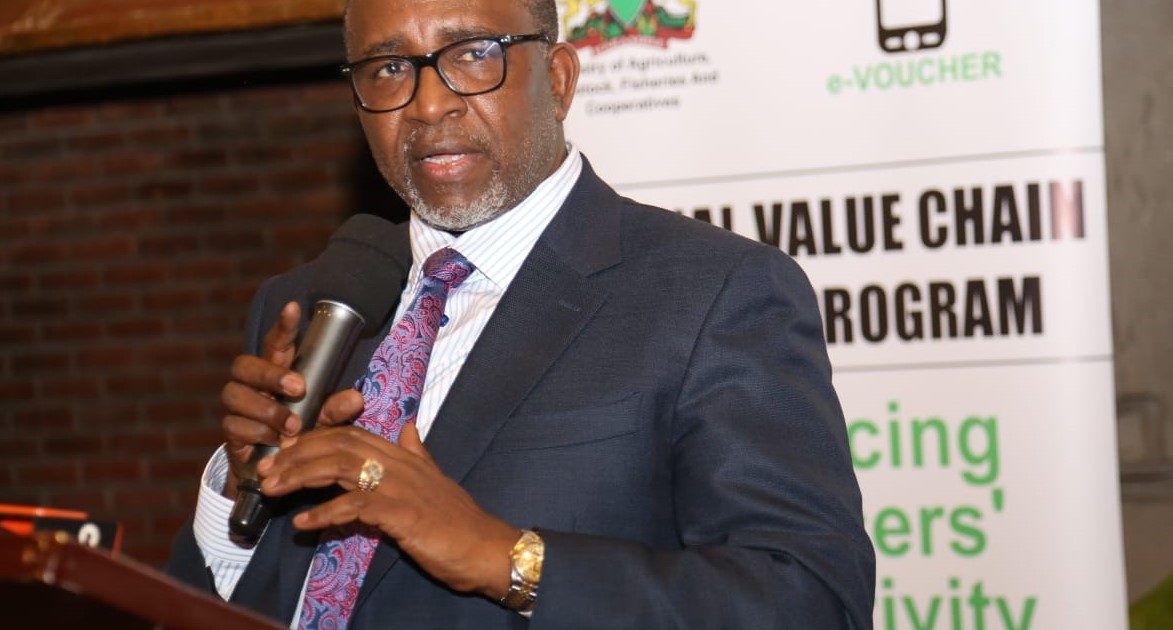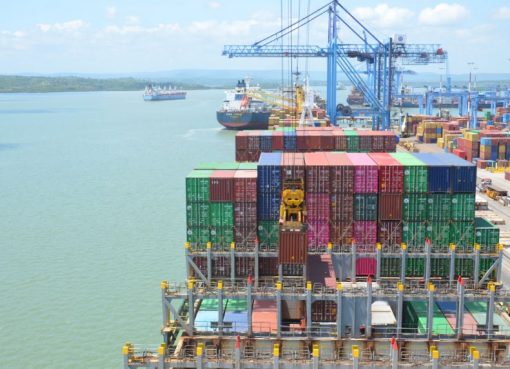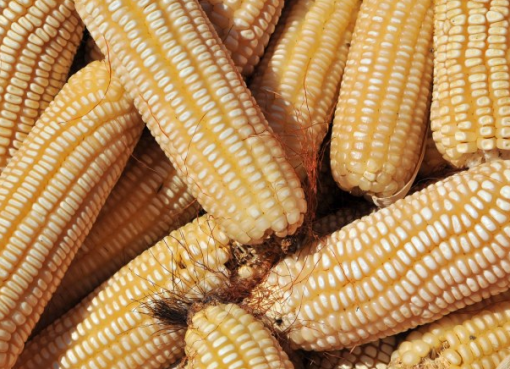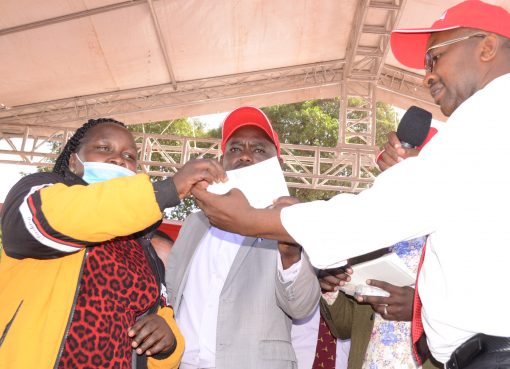The government has embarked on an intervention that will see tea farmers in the country maximize on exports of their produce.
Agriculture and Livestock Development CS Mithika Linturi said considering that Kenyan tea is paid with dollars, the management should try to negotiate on better exchange rates for the same.
Speaking during the Kenya Tea Development Authority (KTDA) Annual Directors’ Conference in Nairobi, Linturi called for adjustments to reflect the actual amount as quoted by the Central Bank of Kenya.
The CS noted that his ministry is currently working on a mechanism that will see farmers enjoy favourable forex rates during their transactions.
“If the dollar is exchanged for instance is Sh127, there is no reason as to why the bank should buy the KTDA dollar at Sh119 for that is how we are losing the money that should have benefitted the farmer,” said Linturi.
The CS said apart from the forex challenge, the tea industry has been facing a myriad of challenges, which collectively threaten its sustainability.
Amongst the other key challenges facing the industry, Linturi said, is the increasing cost of production occasioned by the rising cost of inputs such as fertilizer, labour and electricity, especially in the manufacturing of tea and other value chain activities.
He cited other challenges as poor governance in the management of the smallholder tea sub-sector, low levels of value addition and product diversification as well as depressed prices occasioned by global economic factors.
“Currently, the industry is experiencing declining prices due to the effect of the Russian- Ukraine crisis that has in turn affected the purchasing power in some of our international tea markets,” added the CS.
The tea industry supports the livelihoods of over 750,000 farmers and approximately 6 million directly and indirectly.
KTDA Holdings Chairman David Muni Ichoho said despite the many challenges the sector is facing, the World’s Gross Domestic Product grew by 5.9 percent in 2021 compared to a contraction of 3.1 percent in 2020.
This, Ichoho noted, was attributed to easing of Covid-19 restrictions measures, which led to increased global trade and increased activity in both industrial and service sectors.
He said the East African Community grew by 4.9 percent in the period under review compared to 1.0 percent growth in 2020. The World economy was however jolted by Russia’s invasion of Ukraine that started February 2022.
By Catherine Muindi





